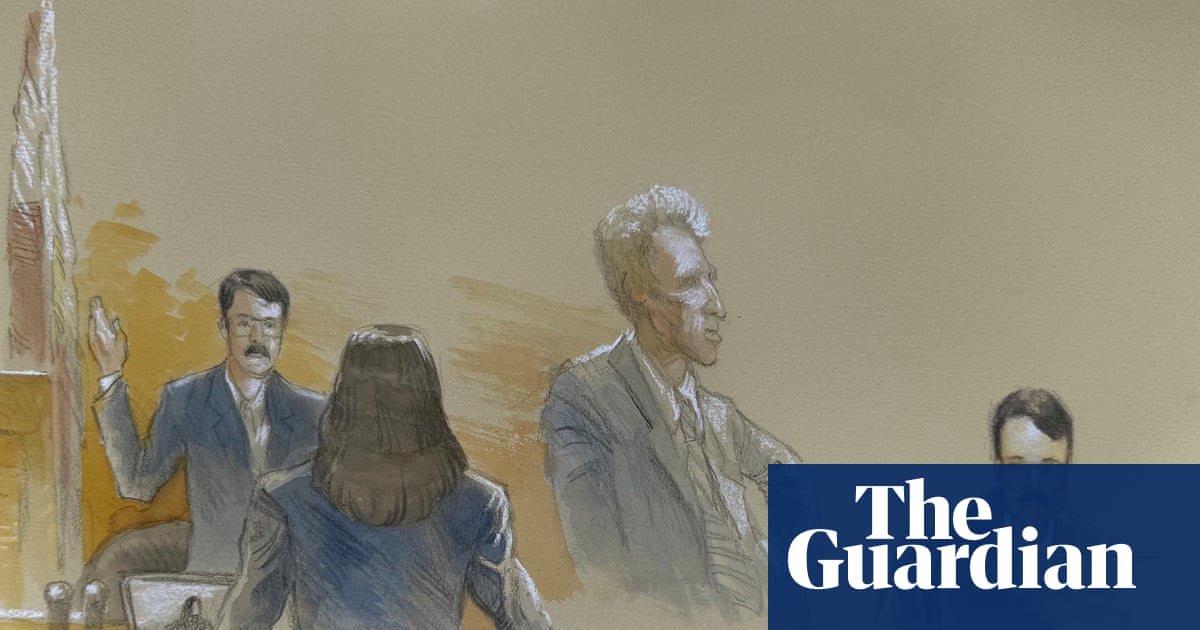Hermes by Gabriele Tinti
What you were waiting for has gone.
You are sad and unable to separate yourself
from the earth. You are tired of living as you live
and know you will not go home tomorrow.
Let yourself be accompanied —
the course of the day is at its end,
the road is clad in mist.
The knife cleaves the night, wounds the moon,
patiently sharpens the distant ruins.
The throats of the world open wide,
they hungrily await beyond the clouds.
Gabriele Tinti’s recent collection, Ruins, assembles his ekphrastic poems, short essays by various hands, and photographs of the pantheon of Graeco-Roman statuary. Hermes is from Part II, The Nostalgia of the Poet, a title that may remind readers of Georgio de Chirico, the artist featured on our previous visit to Gabriele Tinti’s work.
In the photo accompanying Ruins, the angle of the Seated Hermes is turned a little more directly towards the viewer than the above image of the same bronze sculpture. The figure’s face expresses a mood not usually associated with this most mercurial of the gods. Hermes’ mouth is slightly slack, the eyes downcast, looking at nothing. Seated on a boulder, his left hand hanging loosely, empty of the caduceus, the magical staff it often held, the god wears his winged sandals but looks unprepared for lift-off. He seems to have abandoned, or to have been abandoned by, his genius for effortless flight.
The poem understands his predicament immediately as that of the disinherited poet. In a note, Tinti explains that it was Hermes, not Apollo, who was the “first poet of myth”. In the poem, he addresses not only Hermes, perhaps, but his own poetic persona: “What you were waiting for has gone / You are sad and unable to separate yourself // from the earth. You are tired of living as you live / and know you will not go home tomorrow.”
The mythical Hermes was as worldly as he was otherworldly, a god of “boundaries, roads, travellers, merchants, thieves, athletes, shepherds, commerce, speed, cunning, language, oratory, wit and messages”, as Wikipedia explains it. Tinti’s focus dismantles in a few characteristically epigrammatic strokes these variegated possibilities. It closes the very road in front of him with mist and nightfall, shifting briefly from couplet to tercet in a movement that reflects the god’s difficulty rather than an expanded opportunity.
The word “accompanied” in the tercet’s first line carries the weight of significant loss. It suggests that the debilitated, flightless poet is in need of a companion, a psychopomp like Hermes, to guide his soul into the Underworld – for poets, the dream-life of the unconscious. It also suggests the musical term, “accompaniment” – the instrumental companion of the voice. The accompanist affirms and sometimes guides the solidities of tonality and tempo that can be more freely interpreted by the vocalist. Hermes, the originator of the lyre, is a virtuoso double-performer, a singer who once provided his own magical accompaniment.
Hermes, I think, is identified by Tinti with the wholeness of lyric poetry, and the subsequent loss of that wholeness. The god, while still an infant, had made the first lyre from a tortoise shell and the knifed-out guts of one of the cattle he had stolen from his brother Apollo. (It was Apollo who, enraged, gave him his title as the leader of thieves and general nocturnal roguery.) Later, at the insistence of the boys’ father, Zeus, Hermes agreed to hand his lyre over to Apollo in recompense. Apollo subsequently gave the lyre to his son, Orpheus. “Its sound exuded serenity, love, and sweet sleep,” Tinti writes, “and, unlike the flute, it could accompany the human voice.”
So the lyre passed to Orpheus, but he, for all the wonders his accompanied singing could effect, was unable finally to liberate Eurydice from the underworld. Ultimately, Zeus would take the lyre beyond reach of human hands and place it among the constellations, as Lyra. In the poem, however, vulgarisation and destruction rather than elevation await the lyre: it’s merely “the throats of the world” that “open wide, / they hungrily await beyond the clouds”.
This indicates the severity of the decline Tinti sees in the authority of the contemporary poet. The knife Hermes has wielded, bloodily but transformingly, in making the lyre’s sound-box and strings, “cleaves the night, wounds the moon, / patiently sharpens the distant ruins”. In that last image, “ruins” are symbols of nostalgia, the longing of the poet for home among poetry’s ancient presences. Makers and muses are far from being the only inhabitants of Tinti’s rich pantheon, but they are a significant part of it, and related integrally with the question he poses regarding the interception by Zeus of Orpheus’s lyre: “Was this the end of poetry? We cannot say. But our own plucking of the strings is now only a nostalgic pursuit of that distant trace left by the gods, by the first legendary poets.” His further thoughts on poetry’s loss of the capacity for “singing tragically” may be investigated in an interview here.

 3 months ago
63
3 months ago
63

















































